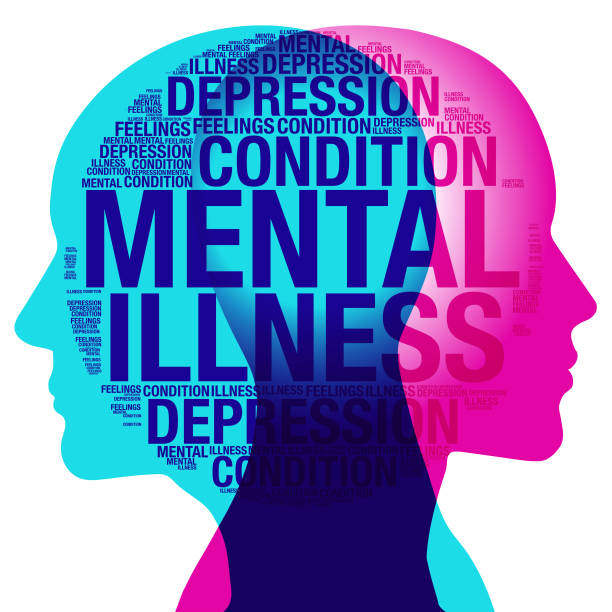
In the days after Hurricane Fiona, Dr. Brenda Rivera-García sat at home without electricity, water and Wi-Fi in San Juan, Puerto Rico.
She was stuck listening to the hum of generators powering households across the neighborhood, drowning out the cheerful coquis that chirp throughout the night.
The sad hum, the droning “lullaby,” mirrored the island’s collective grief, Rivera-García said.
“It’s one thing after the other. There is so much you can take,” said Rivera-García, senior director of Latin America and Caribbean programing at Americares, a health-focused disaster relief nonprofit.
Puerto Ricans may be facing a mental health crisis, experts say, as hurricanes, earthquakes, and a global pandemic have traumatized island residents, destroyed homes and ripped families apart over the last five years.
The inadequate local and federal responses to these natural disasters adds another layer of despair as many Puerto Ricans struggle with the island’s economic and political status as a U.S. territory.
“There’s a real sense of uncertainty of the future of Puerto Rico,” said Daniel Gaztambide, clinical psychologist and assistant director of the clinical psychology program at the New School in New York City. “There has to be a response to address the immediate natural disaster and a response to address the past, present, and ongoing political disaster.”
‘We owe Puerto Rico a hell of a lot’:Biden will visit to assess Fiona recovery efforts
Rise in anxiety and depression
Puerto Rico’s Mental Health and Anti-Addiction Services Administration (known as the Spanish acronym, ASSMCA) said calls to its crisis hotline have skyrocketed since Hurricane Fiona hit the island.
The hotline received nearly 3,000 calls in the five days after the storm, with over 1,900 related to Fiona, ASSMCA director Dr. Carlos Rodriguez Mateos told USA TODAY. That’s double what the hotline typically gets in a normal week.
“We’ve seen through those calls how feelings of sadness, anxiety, fear, insecurity, uneasiness, and even loss of appetite have all increased,” he said. “And that all coincides with the fifth anniversary of Hurricane Maria.”
Hurricane Maria hit the island on Sept. 20, 2017, as a Category 4 storm. Rodriguez Mateos said calls to the hotline have increased after every major natural disaster in Puerto Rico, which tracks with studies showing how mental health on the island has suffered since Hurricane Maria.
A survey by the Washington Post and the Kaiser Family Foundation found more than one-fifth of the island’s residents reported needing or receiving mental health services a year after the disaster.
Those who may need mental health and psychosocial support services include students and frontline workers, Rivera-García said.
“Those are some of the populations that we need to start thinking about really carefully,” she said. “Our first responder and health care workers have been on the frontlines of everything while still being survivors themselves.”
Another study by the University of Illinois at Urbana-Champaign showed more than 49% of workers in Puerto Rico met the diagnostics criteria for post-traumatic stress disorder a year after the disaster.
‘Humanitarian and economic crisis’:5 years later, Puerto Ricans are still struggling with Hurricane Maria’s devastation. Then came Hurricane Fiona.
‘Colonialism within America’:After Hurricane Fiona, will Puerto Rico ever become a state or an independent nation?
“Abandonment issues among the elderly are some of the things that we also need to consider,” Rivera-García said, as many young families migrate from Puerto Rico to the mainland in search of stability, leaving their loved ones behind.